Summer means it’s time to fire up the grill and invite friends over for a barbecue, but it seems like unexpected guests always crash the party. No, not your in-laws — we’re talking about pesky bugs.
There are ways to keep mosquitoes and other insects away besides drowning yourself in bug spray. For a more green approach, try installing some of these insect-repelling plants around your yard.
1. Marigolds
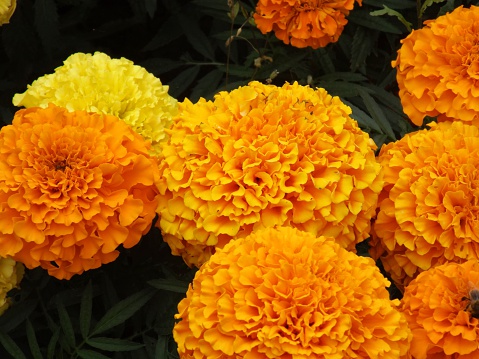
Not only do they make your landscape more attractive, but marigolds also have a distinct smell that repels mosquitoes. Plant from seed or get a starter plant from a nursery or floral department. Place potted marigolds near mosquito entry-points, such as doors and windows, or on a deck or balcony where you spend a lot of time outdoors. They also deter insects that prey on tomato plants — an added bonus for gardeners.
2. Citronella
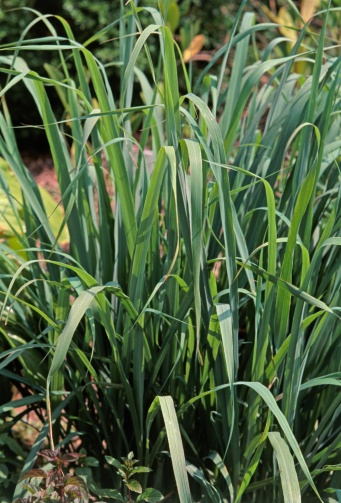
Citronella is one of the most common ingredients in insect repellents, due to its strong smell, which masks mosquito attractants. The perennial clumping grass grows 5 to 6 feet, and can be planted in the ground or kept in large pots. Citronella plants thrive best in full sun and areas with good drainage.
3. Catnip
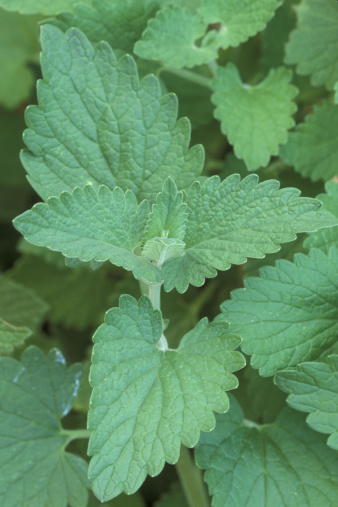
Warning: Your catnip might bring all the cats to the yard. The perennial herb, related to mint, is easy to grow. While it repels mosquitoes in close proximity, some people apply crushed leaves for more protection.
4. Lavender
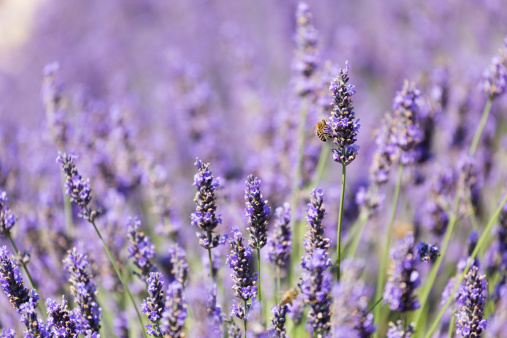
In addition to smelling lovely, aiding in relaxation and promoting restful sleep, lavender dissuades mosquitoes and gnats from invading your outdoor dinner party when planted in the garden or in pots placed by windows, doors and entertainment areas. The dried flowers can also be placed in wardrobes to repel moths.
5. Basil
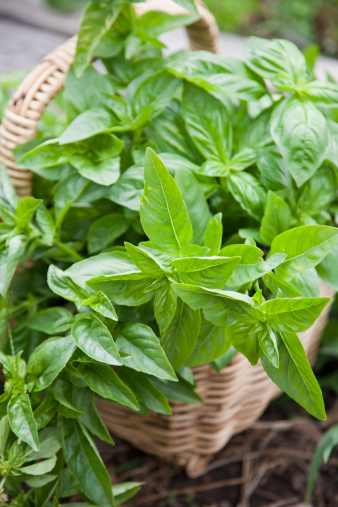
Enjoy delicious pesto dishes, and keep mosquitoes at bay, with this insect-repelling herb. Basil is one of the few herbs in which you don’t have to crush the leaves to reap its benefits. Lemon basil and cinnamon basil are the best varieties to prevent unwanted pests.
6. Lemon Balm
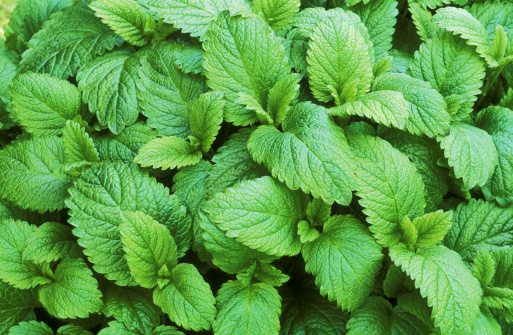
Also known as horsemint, lemon balm’s aroma wards off mosquitoes, but attracts pollinators like bees and butterflies. It’s fast growing, drought resistant and reseeds itself, so consider planting in a pot rather than in your yard to avoid a lemon balm takeover.
This article originally appeared on Angie’s List
More from Angie’s List:
More Must-Reads from TIME
- Donald Trump Is TIME's 2024 Person of the Year
- Why We Chose Trump as Person of the Year
- Is Intermittent Fasting Good or Bad for You?
- The 100 Must-Read Books of 2024
- The 20 Best Christmas TV Episodes
- Column: If Optimism Feels Ridiculous Now, Try Hope
- The Future of Climate Action Is Trade Policy
- Merle Bombardieri Is Helping People Make the Baby Decision
Contact us at letters@time.com